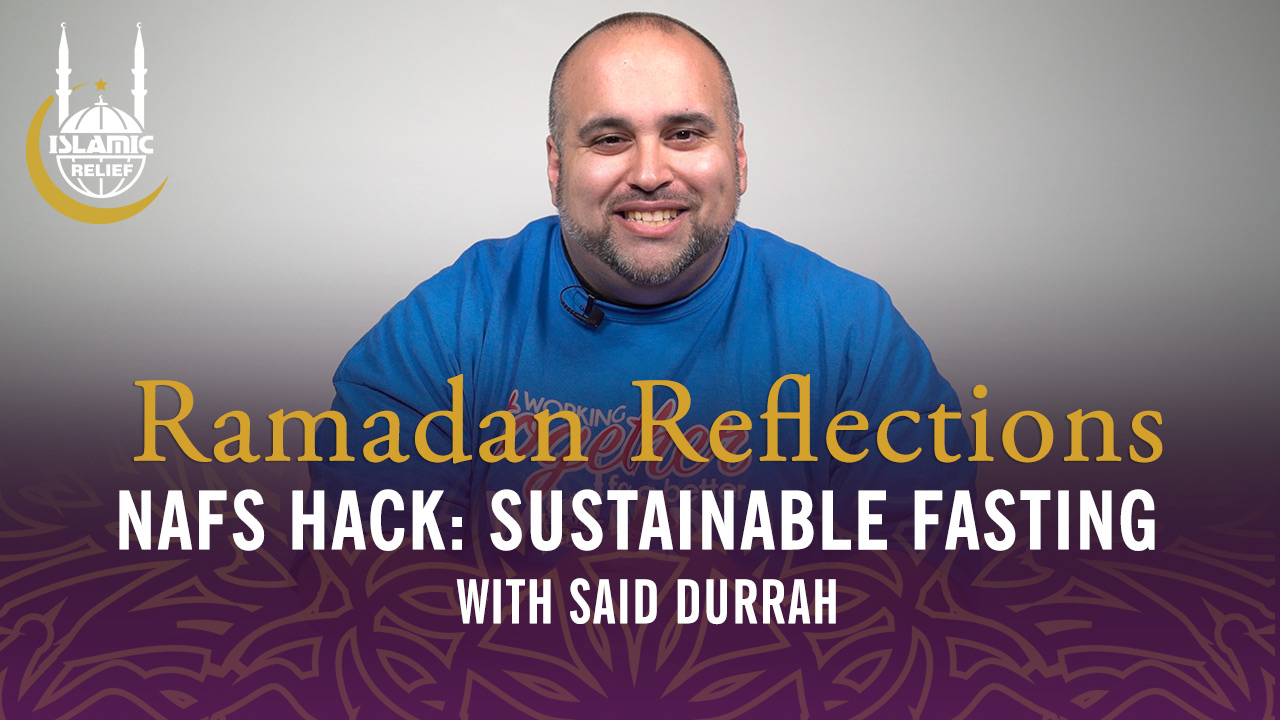In Solidarity: A Lesson from IRUSA’s Capitol Hill Iftar
Christy Bectel recently attended the Capitol Hill Iftar and shares her refections. Christy is a Public Affairs Intern at Islamic Relief USA. She is originally from Michigan and is a senior at Grand Valley State University majoring in International Relations and minoring in Middle East Studies and German.
The mention of certain cities in the U.S. often evokes images of decline, decay, even pity. Particularly in my home state of Michigan, Flint and Detroit are the cities people name and quickly dismiss in their discussions of poverty in the U.S. Though I’m a resident of neither, I feel an inclination to defend these cities, the stories of which are often framed through the lens of poverty, crime, or the loss of the auto industry. The water crisis in Flint recently pushed the city onto the national stage and broadened our conversations surrounding poverty, adding issues of race and access, infrastructure decline, and governmental negligence.

Similarly, the mention of Islam in our current political atmosphere often evokes certain images or stereotypes. Though I’m a non-Muslim, I feel an inclination to defend my Muslim friends, colleagues, and neighbors, whose stories are often framed through the lens of terrorism, violence, or outsider. The recent political rhetoric vilifying Muslims has magnified the subject into a national debate, with the question of who we are and what we stand for as Americans at the very heart.
My sense of solidarity with these two communities, the people of Flint and Muslim-Americans, was linked while attending IRUSA’s Capitol Hill Ramadan Welcome Dinner, which honored members of Congress who have supported IRUSA’s work and continue to engage with the Muslim-American community. Representative Dan Kildee of Flint spoke briefly at the event, of the tragedy of his hometown and other communities that have been left behind. Kildee also denounced the bigotry directed toward the Muslim community and spoke of his deepened appreciation of Islam after witnessing IRUSA staff and volunteers working tirelessly in Flint to deliver water to its residents. His message was uplifting, but his promise of action was even more powerful. Rather than thanking IRUSA for its work in Flint, Kildee pledged his commitment to redouble his efforts to fight injustice in any form, whether in Flint or in the national debate over who we are as a people.
When we witness ignorance, injustice, or hatred in our communities, we often feel a mixture of indignation and resignation, questioning how to address such overwhelming problems. For the people who have been disregarded in Flint or the Muslims who have been undervalued in America, let us redouble our efforts to provide care and promote understanding. Furthermore, in our struggle to tackle these challenges, let us remember the message of Rep. Kildee, to stand in solidarity with our neighbors and to fight injustice wherever we see it.



